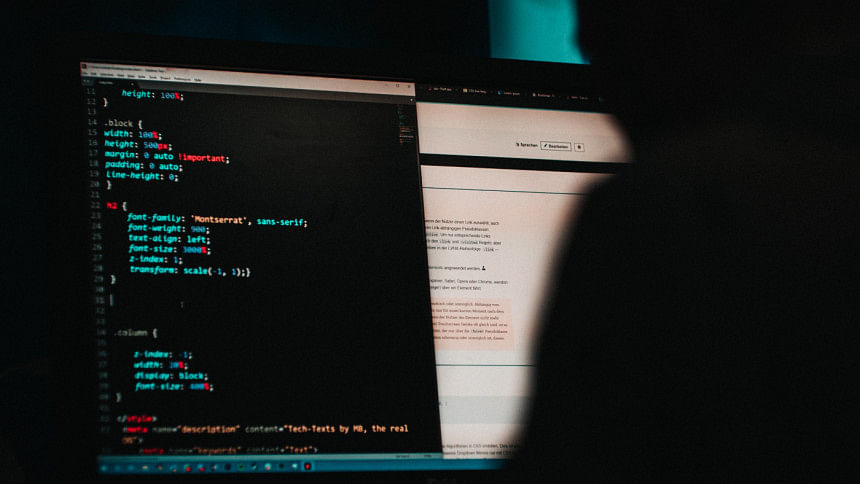Rising cybercrime during pandemic: How to recognise and combat

During this ongoing crisis, we all are relying more than ever on our smartphones, computer systems and the internet to communicate and work. Cybercriminals are trying to take advantage of this vulnerable situation all over the world. Fake websites, scams, fraudulent phone calls and messages by digital thieves are giving people a hard time protecting important data or being safe from all kinds of cyber deceptions.
Recognize the cybercrimes
Phishing
In phishing, fake emails are created by hackers to steal your confidential information, especially your bank account details. These emails masquerading as legitimate ones claim to be from national or international authorities offering help to you and ask for personal credentials and bank details to get the process started. A fake email may appear to have come from the organization you work in or the bank where you keep your money. For example, the email can be like "Your ATM card has been disabled, and you need to confirm your card number to re-activate it." Fake emails can contain malware that may able to hack your whole system. And the links are quite identical to the real websites' links such as the website address bbc.org instead of bbc.com clearly shows a scam.
Telephone fraud
Telephone fraud is not a new form to deceive people. In this form of fraud, a hacker will try to leverage your trust via phone call or message to have your personal or account details. For example, we all know about "bKash theke ami Nahid bolchi" incident. Amid coronavirus outbreak, criminals pretend to be a hospital official who is with your sick relative and request for an emergency payment to start medical treatment or hackers can ask to provide bank account or bKash account details showing urgency. In this case, these criminals use their convincing power and people's emotion along with hacking. So, you need to be patient and act smart amid the pseudo urgency or panic they create.
Bogus websites
Criminals often create bogus websites to cheat and loot people. Check the authenticity of the website paying attention to the website address bar. It is important to check domain names and watch for poor grammar and spelling. Authentic shopping websites always offer standard payment options. If a website requires an unsecured form of payment, you should stay away. Checking online reviews before purchasing anything through a website is another way to know about the site's authenticity.
How to help protect yourself against cybercrimes
Don't fall for all the pop-ups
A fraudulent e-mail or message or a pop-up window containing any link can ask for your account details such as username and password. This can be a trap. The best way to save yourself from this cyber trap is to browse the website carefully before you enter any information through that link. Never download any attachment you get from an unknown source as malware can be installed as soon as you start to download it giving access to the hacker to your data.
Maintain the documents in two places
If you have files or spreadsheets containing sensitive and confidential information, consider keeping the encrypted files on Flash drive or DVD for safety purpose. You can also store them on an old computer or any other device that has no internet connection at all in case you don't have a DVD or Flash Drive and can't buy due to lockdown. Even If you don't have any extra device, store them with one of the free file encryption tools.
Strengthen home wireless network
To secure your home wireless network, always use a complicated and strongly encrypted password. A password should be a combination of letters, numbers, and symbols that make no sense or is not related to your life. And it should be at least 8 characters. In this way, it'll be harder to track or guess your password and to hack it. Remember to change the passwords regularly and don't use one password for multiple purposes. Furthermore, it is always a great idea to use a virtual private network (VPN) whether you're in a home network or public. A VPN can encrypt all traffic excluding your devices until it arrives at its destination. If someone enters your communication line, they will get nothing but encrypted data.
Be aware of unauthorized calls and messages
Never share any critical information via phone calls or messages without verifying it. If the person claims to be from a company or institute, call there by finding the authorized number and recheck the update you've got from the unknown call. Don't click on the link you've got from an unknown message without verifying the source. An unknown link can lead your mobile to an installation of a malware hampering your privacy. If you doubt that you are being cheated after making a payment, stop the money transaction immediately by alerting your bank.

 For all latest news, follow The Daily Star's Google News channel.
For all latest news, follow The Daily Star's Google News channel. 



Comments